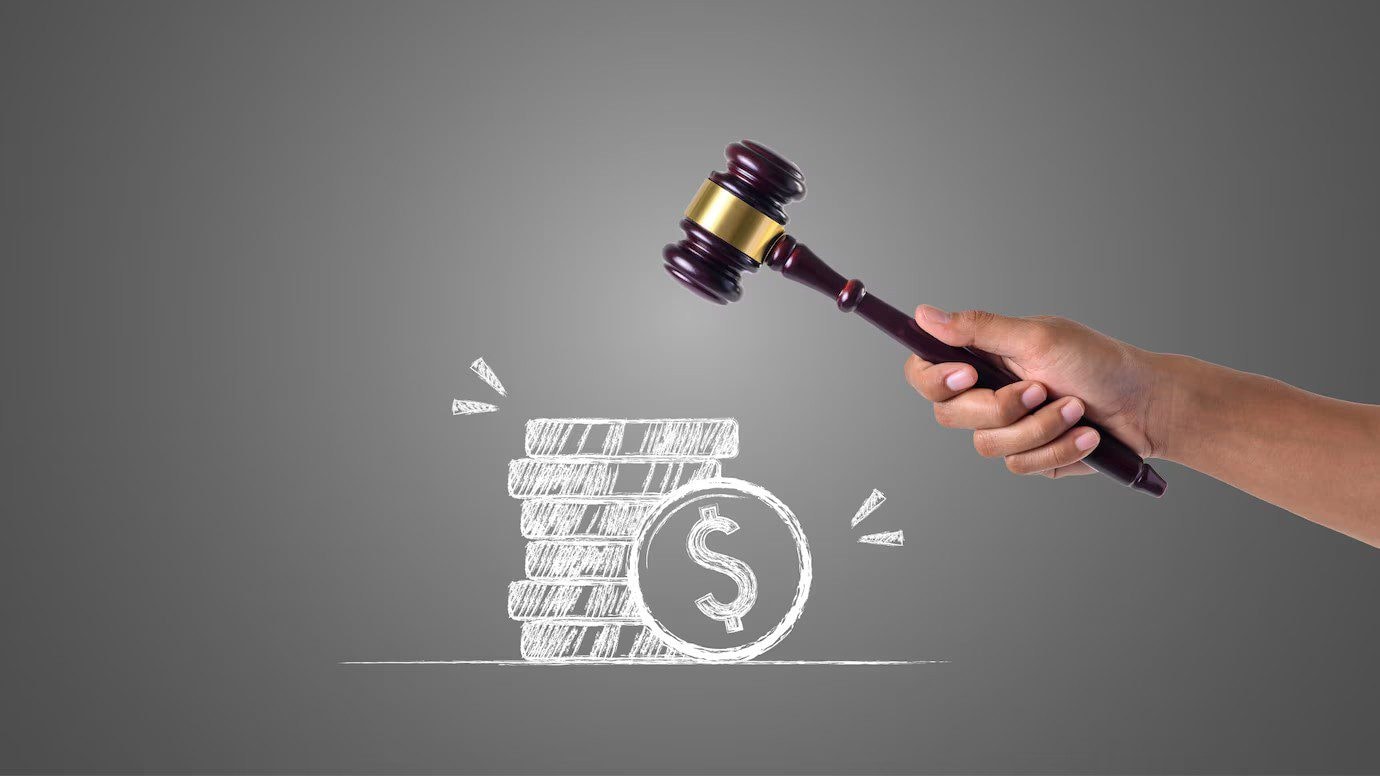US Federal News Bureau
FCC Fines Lingo Telecom $1M for Biden Deepfake Calls
The company will also implement improved verification protocols to prevent future robocalls and phone number spoofing.
Written by: CDO Magazine Bureau
Updated 1:42 PM UTC, August 27, 2024

Representative image by jcomp on freepik.
The Texas-based voice service provider Lingo Telecom has agreed to a $1 million settlement with the Federal Communications Commission for using AI-generated robocalls featuring President Joe Biden to target New Hampshire voters.
Two days before the New Hampshire 2024 presidential primary, spoofed robocalls featuring a deepfake audio recording of President Biden’s cloned voice falsely instructed potential voters not to participate in the election.
As part of the agreement, the company will also implement improved verification protocols to prevent future robocalls and phone number spoofing.
This fine is half the amount originally sought by the FCC in a proposed enforcement action against Lingo Telecom in May. Nonetheless, FCC officials view the settlement as a significant step in safeguarding U.S. telecommunications networks and election infrastructure from emerging AI and deepfake technologies.
“Whether at the hands of domestic operatives seeking political advantage or sophisticated foreign adversaries conducting malign influence or election interference activities, the potential combination of the misuse of generative AI voice-cloning technology and caller ID spoofing
over the U.S. communications network presents a significant threat. This settlement sends a strong message that communications service providers are the first line of defense against these threats and will be held accountable to ensure they do their part to protect the American public,” Enforcement Bureau Chief Loyaan A. Egal, said.
Earlier this year, FCC Chair Jessica Rosenworcel proposed banning voice calls generated by artificial intelligence. Rosenworcel proposes making such robocalls illegal under the Telephone Consumer Protection Act (TCPA), which is also the primary law the FCC uses to help limit junk calls.
In November last year, the FCC initiated a Notice of Inquiry to gather information on combating illegal robocalls and exploring the role of AI. The agency investigated AI’s involvement in scams originating from spam calls, including voice mimicry of familiar individuals, and whether regulatory oversight under the TCPA should apply.


